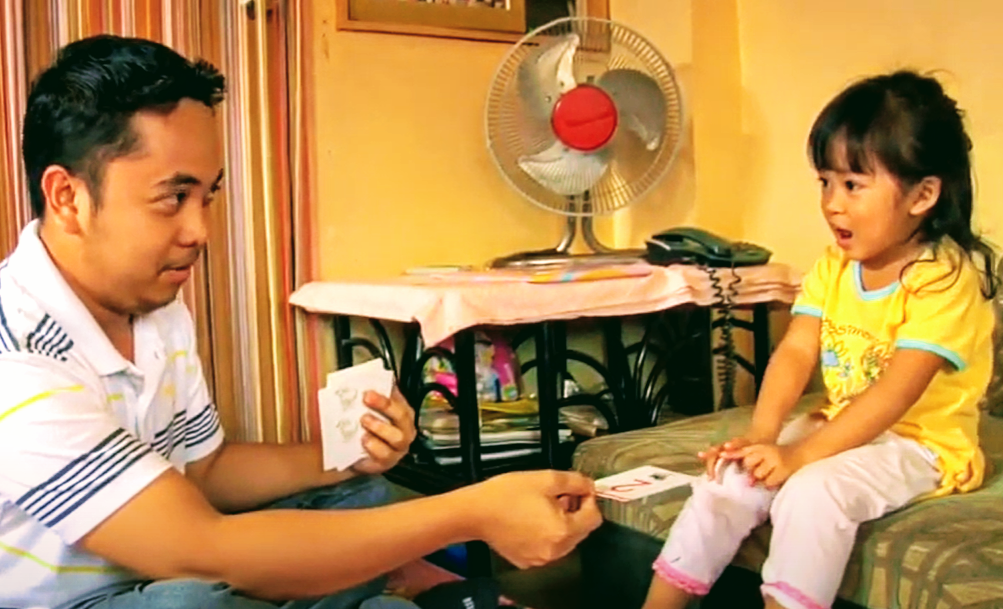Raising the next generation of scientists, mathematicians, and engineers may start with basic math parent-child experiences. According to a new study by researchers at the University of Illinois Urbana-Champaign, sharing low-stakes activities with their children enables parents to feel effective at teaching mathematics while boosting their kids' motivation and achievement — a pleasant way for both parties.
No wonder then that when math homework is experienced with negative parental feelings of frustration, young children are unlikely to enjoy the subject. Worse, they even tend to score lower on math achievement tests a year later. "Parents' involvement in math activities such as games was more constructive than their involvement in children's homework because parents' affect — their emotions and emotional expression — was more negative in the homework context," said Jiawen Wu, a graduate student of the University of Illinois and first author of the study.
The results showed that the more efficient the parents felt during math activities with their kids, the more engaged the students were. Positive parenting behaviors, such as encouraging children's autonomy and solving problems their own way, led to better efficacy. "We know that when parents have a lot of negative affect in the homework context, it's really not good for children," said psychology professor Eva M. Pomerantz, who was involved in the study.
It seems that we haven't taken full advantage of parents as an important resource for their children's math learning. Developing parents' impact may be as simple as making them aware that they don't need to be highly skilled at math to help their kids. Parents can provide significant positive support by simply sitting with them, playing and learning together, even if they might face some struggles from time to time along the way.

Picture: Stephanie learning to count with Dad (ChildUp Early Education - YouTube)



